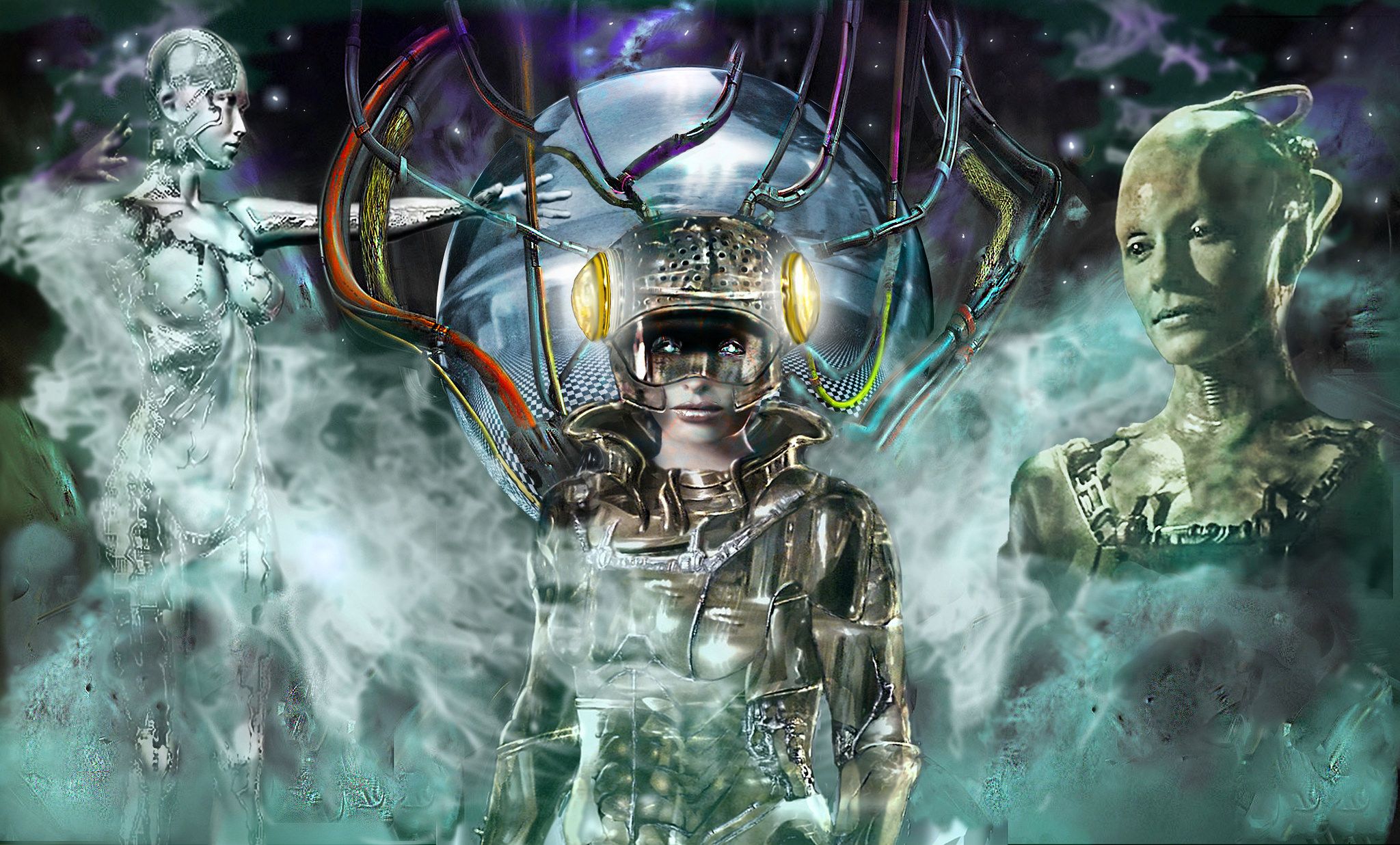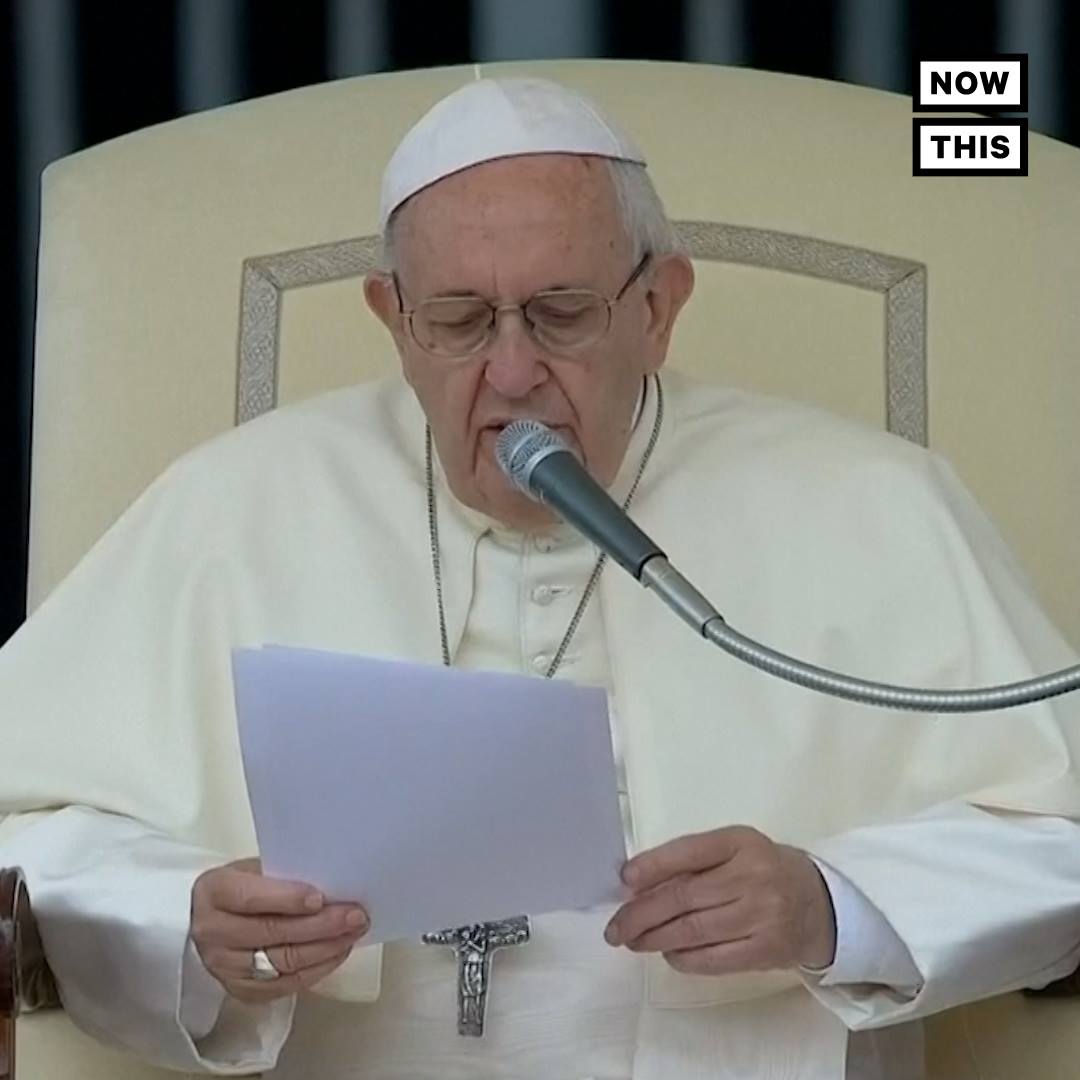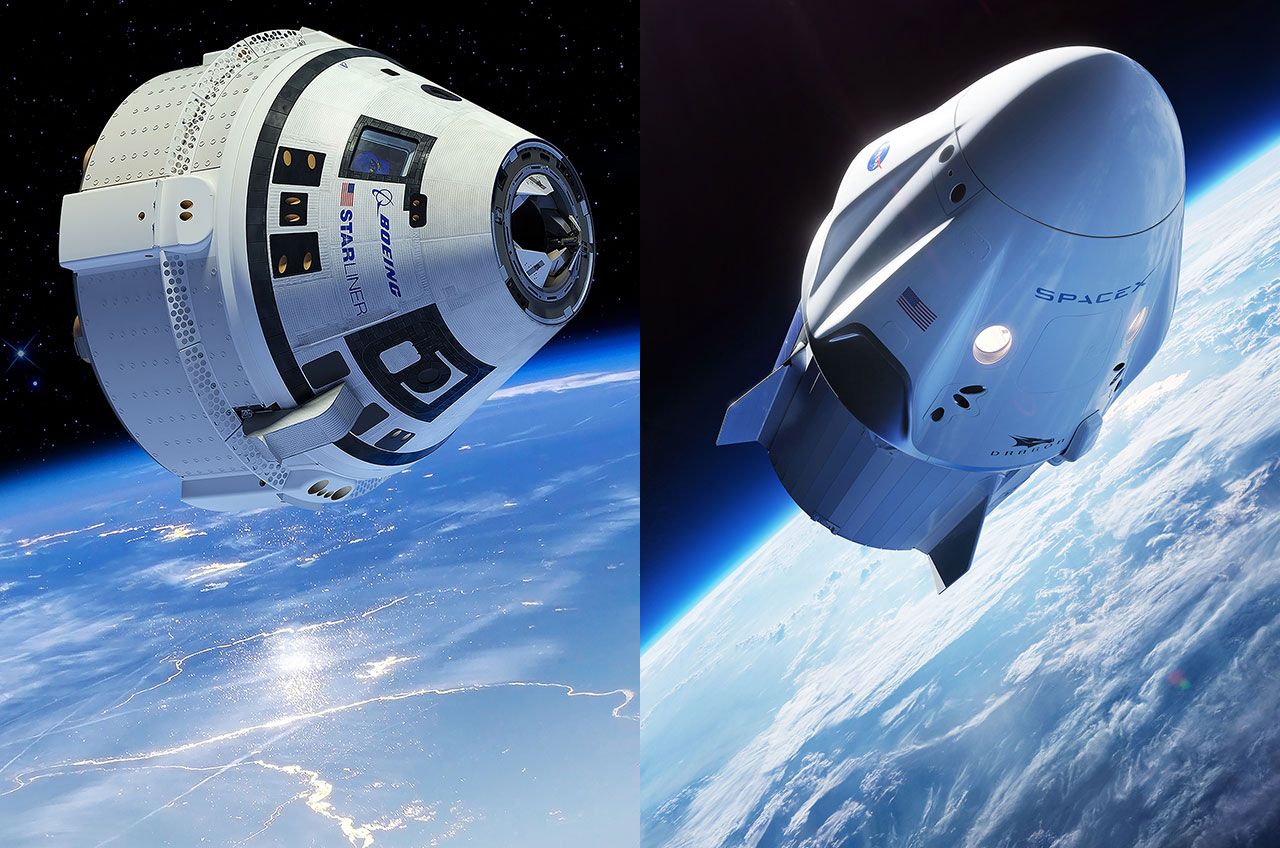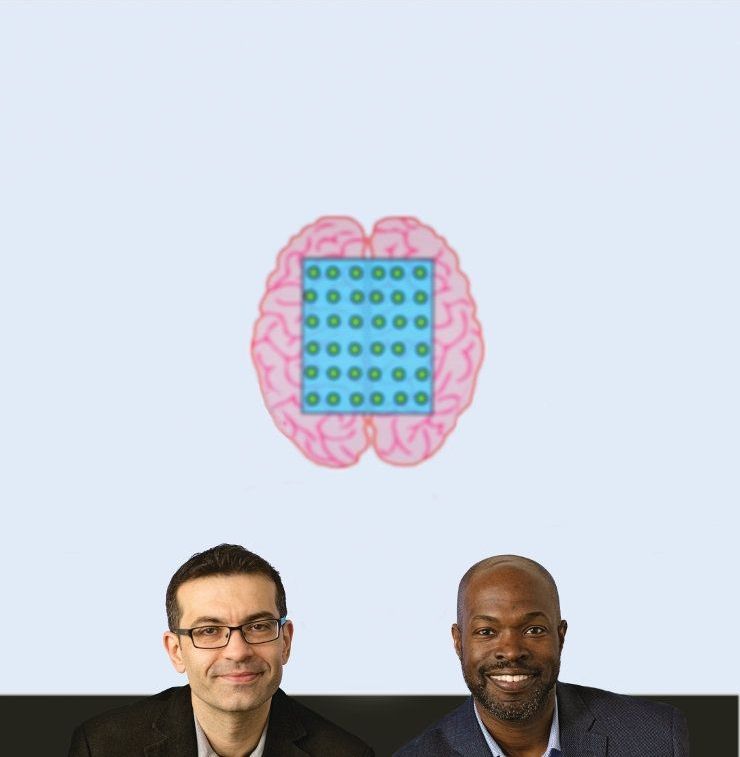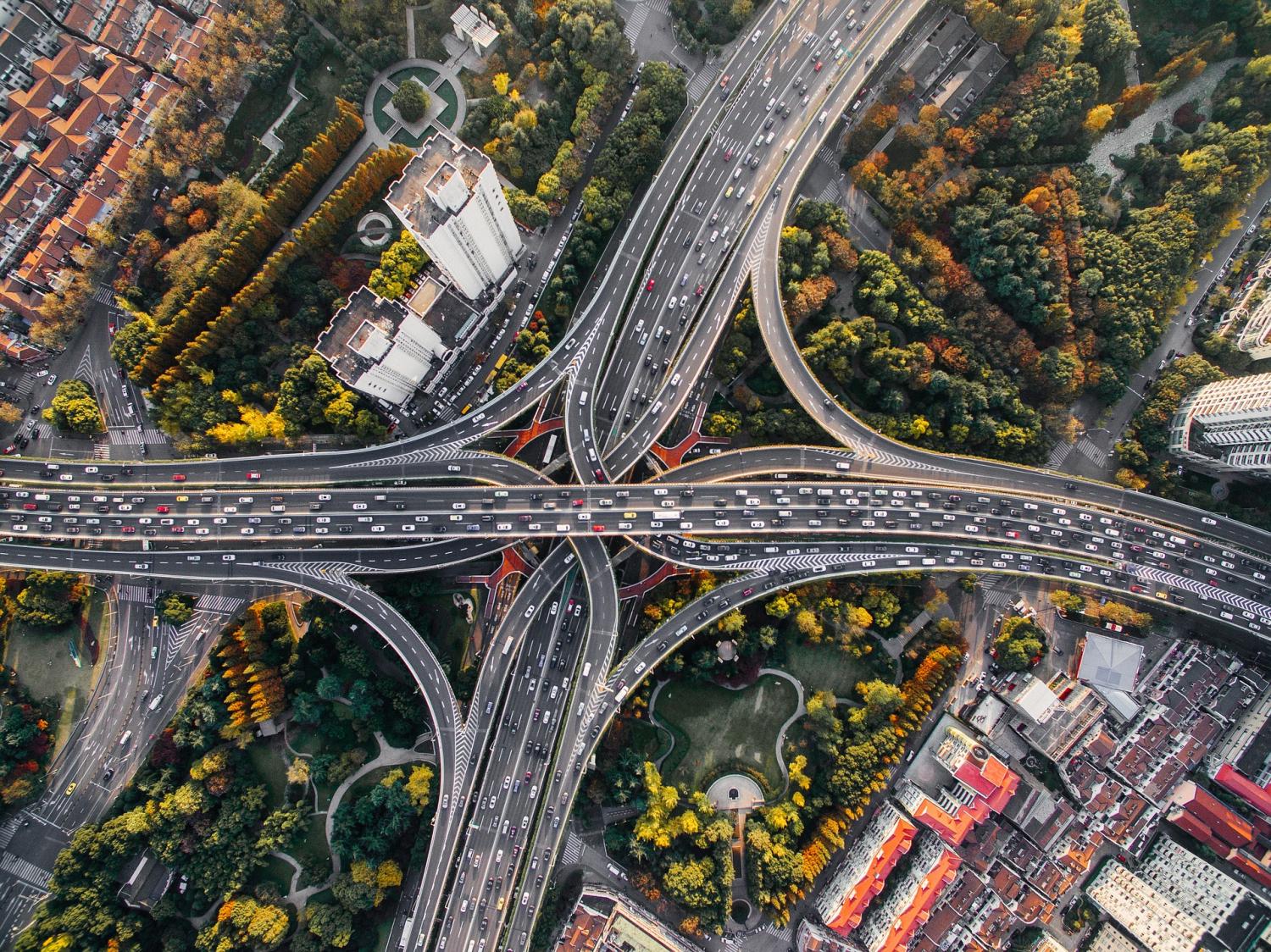Aug 3, 2018
Joris Column: Printcrime, augmenting humans, nanoconvergence and Segway polo
Posted by Klaus Baldauf in categories: 3D printing, biotech/medical, cyborgs, habitats, transhumanism
Often only a few years separate the tinfoil hats from the millionaires to be. I was writing the piece on the Youbionic arm and thinking of how we will use 3D printing to augment human beings. Clearly augmenting the human body with mechatronics would be a good idea. The flesh is weak but stepper motors are strong! Oh how we will eeck, ooow, brrrr whine in our old stepper augmented age. Machines could very well fill the gaps once our bodies start failing us. But, will old people homes really be filled with Borg grandmas?
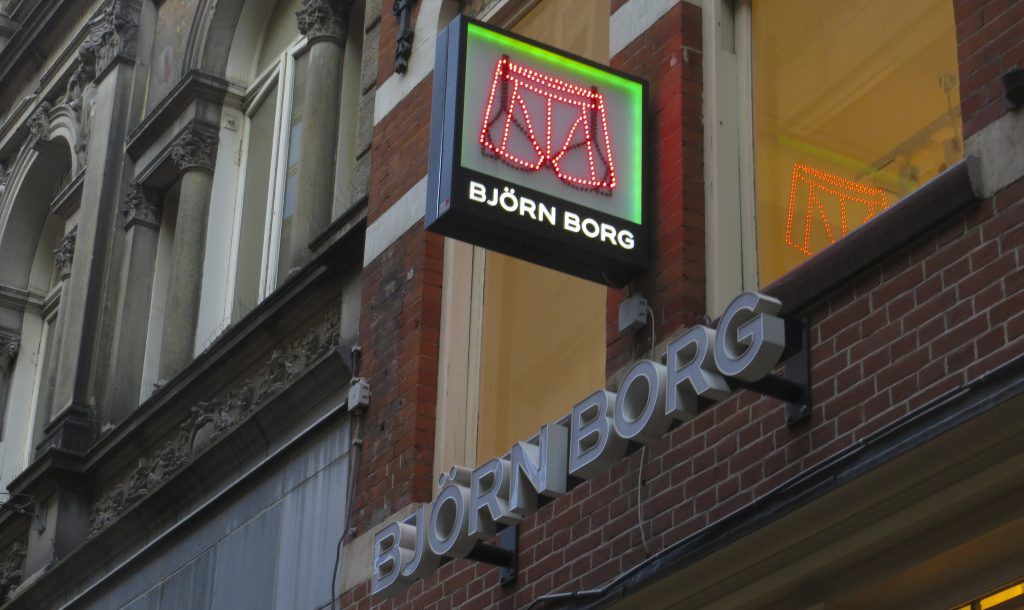
Continue reading “Joris Column: Printcrime, augmenting humans, nanoconvergence and Segway polo” »
